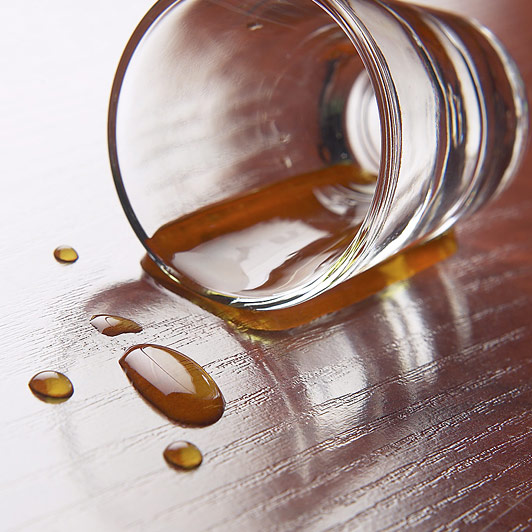
TUESDAY, March 4, 2014 (HealthDay News) — It’s official: Men drinking in bars often feel free to get grabby, make lewd remarks and otherwise sexually harass women who aren’t interested. And many of these guys can’t take a hint when women try to move away from them, a new study shows.
Though the study results aren’t so surprising, especially to any woman who’s ever tried to have a fun, unfettered night out with girlfriends, researchers say they are still disturbing, and they signal a need for cultural changes so that clubs are as safe and fun for women as they are for men.
For the study, researchers made more than 1,300 visits to 118 large dance clubs, sports bars and concert venues in Toronto, Canada. They used trained observers to watch bar-goers interact on the sly.
Out of more than 1,000 incidences that were recorded, about 25 percent involved some sort of unwanted sexual behavior. Ninety percent of those involved men harassing women.
“That would include anything from a guy walking up to the bar and grabbing a woman’s breast and then disappearing into the crowd, to guys trying to get a woman to dance with them and not taking no for an answer, to a guy going up to a girl on the dance floor and rubbing his groin against her,” said study author Kathryn Graham, a senior scientist at the Centre for Addiction and Mental Health at the University of Toronto.
Most often, Graham said, women would respond by simply trying to move away from the man who was harassing them. The next most common response was a direct confrontation, for example, telling the guy to stop. And attention club owners: The third most common thing women did to shake their pursuers was to leave the bar altogether.
On average, women tried about four different things to signal that the attention was unwanted, researchers found. Still, more than half of the instances recorded for the study were classified as persistent, meaning the guy wasn’t taking no for an answer.
Bar staff were largely unhelpful. Bouncers only intervened in 10 of 258 “aggressive” incidents, and in only one case was a guy tossed out of the bar for being sexually aggressive.
“So one of the things we would suggest is that staff in bars be more proactive about ensuring that this isn’t being done to women,” Graham said.
No surprise here, but most of the guys engaging in sexually aggressive behavior appeared to have had a few drinks. But interestingly, it wasn’t how much they’d been drinking that seemed to correspond with how obnoxious or persistent their behavior was. It was how much the woman had been drinking.
“It suggests the more-intoxicated women are being targeted,” Graham said.
Results of the study were published online March 3 and in the May print issue of the journal Alcoholism: Clinical & Experimental Research.
An expert who was not involved in the research said that as upsetting as these findings are, they probably represent the milder situations that women experience in bars, simply because they happened out in the open, where they could be observed.
In focus groups, where women have reported their sexual harassment after the fact, Kathleen Parks, an addictions researcher at the University at Buffalo, said she’s heard women report things as serious as rape and attempted rape in bars and clubs.
“You’ve got two things going on here. You’ve got very intoxicated people, and you’ve got an environment that already has a hook-up, sexual connotation to it. It’s almost expected that people go to bars to find somebody to perhaps take home for the night,” she said.
Parks explained she thinks the solution has to be multipronged. First, she said, bar and club owners could do a lot to mitigate the problem by training their bar staff to step in when they see harassment.
And parents and teachers need to make sure boys and teens get the message that sexual harassment isn’t acceptable, she added.
“We have to start a lot earlier taking this context away,” Parks said. “Taking away the idea that women who are drinking are more sexual and that the more intoxicated a woman is, the easier she is in terms of a mark. Just because a woman is drinking doesn’t mean she’s easy or that you should take advantage of her.”
More information
Visit the U.S. Centers for Disease Control and Prevention to learn more about sexual violence.
Copyright © 2024 HealthDay. All rights reserved.

